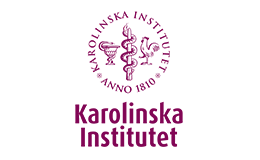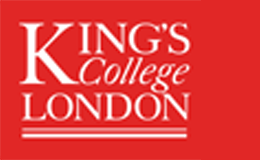Study in Canada Vs Study in Australia - Which one is better
Which country is better to study abroad Canada or Australia

WHERE DO I STUDY? CANADA OR AUSTRALIA?
Canada and Australia are perfect places for abroad study. Canada is at a great spot among the world’s leading study destinations. Canada is an attractive option for students looking for an elite university in developed nations. Australia has effective teaching standards and world-class education. Australia, being one of the global leaders of education, is a popular destination for international students. Let’s discuss the differences between these two countries.
- Period of Terms:
In Canada, universities follow mostly the semester system. Colleges and universities mostly run from September and go till the end of April or early May. Some universities have full trimester systems, which provide full courses in summer. The winter session is divided into two terms starting from September to December and the other one from January to April. In Australia, the sessions start in November and finish in February. The autumn session commences in late February or early March and ends in June. The spring session, in Australia, starts in July and finishes in November.
- Duration of Programmes:
In Canada, universities and colleges offer three levels of degrees. They are a Bachelor’s degree, Master’s degree, and Doctorate. The Master’s degree requires an additional two years to the Bachelor’s degree, which is 4 years. The doctorate, in Canada, usually takes an additional three years. In Australia, almost all universities have two semesters but some universities have three trimesters.
- University Structure and Organization:
In Australia, online applications are accepted by most colleges. College official websites can help in that process when applying for these colleges and universities. To get a Bachelor’s degree, students should pick a major in a specific subject area. Specific requirements are set by universities that the students should fulfill to get the degree. At the end of three years of Bachelor’s study, students can opt to study one more year, known as ‘honors’, in which a thesis is necessary. In Canada, Universities mostly offer 4-year undergraduate programs that give students Bachelor’s degrees. There are also advanced degrees such as a Master's degree requiring two years of study after the first degree. Advanced degrees are not offered by all universities. In Canada, colleges and universities also offer programs that give a diploma and certificate.
- Finding Accommodation:
In Canada, homestays, dormitories, and renting options are available. Private renting is open to students but the rents can be high depending on the location. Homestay also depends on the types of rooms and another additional luxury that students ask for. In Australia, accommodations are of a very wide range. Accommodations through homestay, residential colleges, student apartments, boarding schools, hostel accommodation are available. The cost of homestay ranges between AUD 250 and AUD 350 per week, depending on the rooms, meal types, and utilities. The type of homestay decides the cost of the homestay. At residential college, students get tutors, wifi, weekly clean rooms, fully furnished bedrooms, and access to the library.
- Assignment and grading system:
In Canada, the grading mostly depends on the state you are present. But typically all grading systems start from the letter A and go up to F (excluding E) where A is the top grade and F is the lowest grade, which is a failing grade. In Alberta state, grade A is translated into 4 points but whereas in the other territory it is 4. British Columbia, Manitoba, and many other similar places have different grading systems. The Australian grading system consists of four levels such as pass and fail, credit, distinction, and high distinction. Australia has grades such as HD for high distinction, D for distinction, P for a pass, N for fail, and C for credit. The degree can be completed only when the students earn certain points of credits each semester. Students cannot get their degrees unless and until they satisfy the university criteria.
- Cost of Education:
In Canada, the postgraduate tuition fees are mostly lower and vary in the chosen program. It costs around CA $18,000 (USD 14,000) for international students to pursue post-graduation. The undergraduate tuition fees are around CA $30,000 (USD 23,000) per year. Engineering & medicine courses are expensive compared to humanities courses. Tuition fees for management and business courses are around CA $7,000 (USD 5,200) per year. In Australia, the average tuition fees range from AUD 30,000 to AUD 32,000 for international undergraduates and postgraduates. The tuition fee, for a Master’s degree, is between AUD 20,000 and AUD 37,000. Courses decide the cost of degrees.





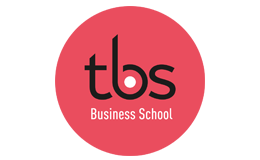





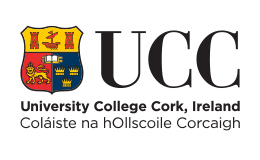




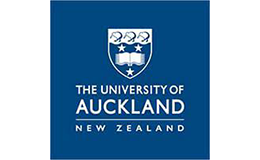


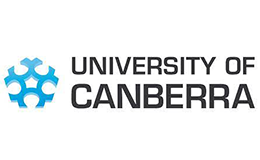




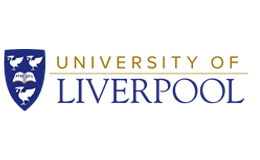

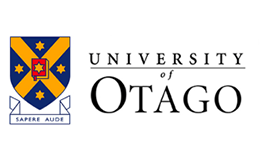
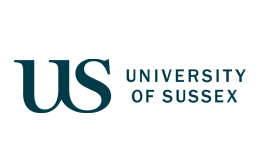




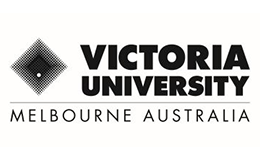
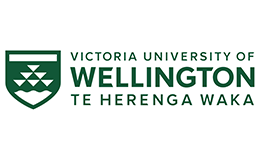



.png)
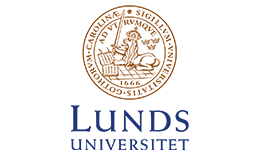
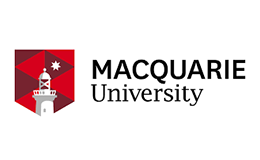


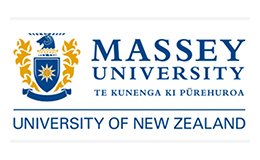


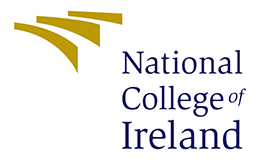
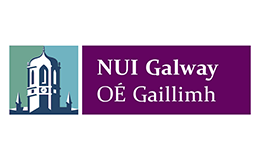
.png)



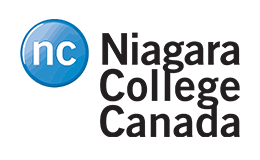
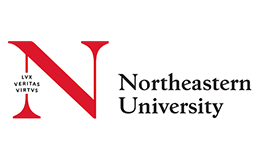
















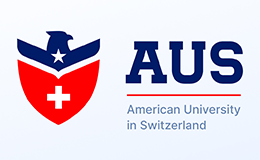
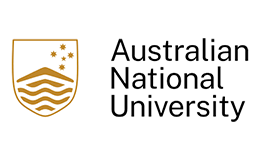

.png)






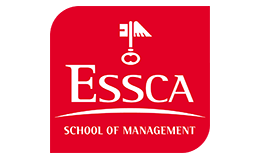



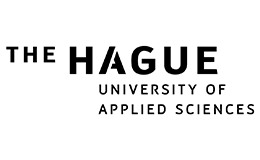




.png)

